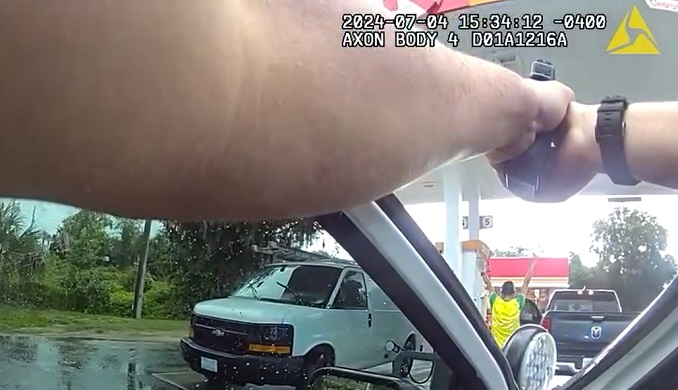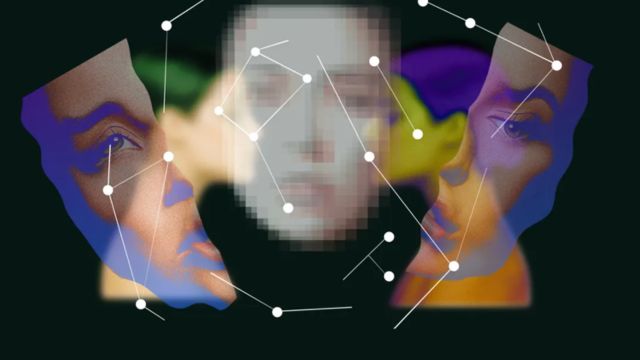American States That Ban AI Deepfake Porn
Artificial Intelligence (AI) has revolutionized various aspects of life, including digital content creation. However, one of the more controversial applications of AI technology is the creation of deepfake pornography, where individuals’ faces are superimposed onto explicit content without their consent.
This has raised significant legal and ethical concerns, prompting several states to take legislative action.
Deepfake Technology:
Deepfake technology utilizes AI and machine learning to create realistic video and audio content. While it has legitimate applications, such as in filmmaking and content creation, it has been misused for creating non-consensual pornography, leading to privacy violations and reputational damage.
- Auto Insurance Shopping Rises in Response to Soaring Insurance Rates: Report
- Avoid These 7 Missteps When Refinancing to a Lower Mortgage Rate
- Rising Home Prices Amid Slight Mortgage Rate Dip: Analysis
- Fresno County’s Groundbreaking Initiative: $500 Monthly Payments in New Guaranteed Income Program, Here is Who is Eligible
- Unlocking Financial Freedom: 5 Reasons to Opt for Personal Loans in Credit Card Debt Repayment
Legal Landscape in the United States:
The legal response to deepfake pornography varies significantly across states. While there is no comprehensive federal law directly addressing deepfake pornography, individual states have begun to enact legislation to combat this issue. These laws typically focus on criminalizing the creation and distribution of non-consensual deepfake pornographic material.
States with Specific Legislation:
- California: One of the first states to address the issue, California has enacted laws making it illegal to create or distribute deepfake pornography without the consent of the people depicted.
- Virginia: Virginia expanded its revenge porn laws to include criminal penalties for distributing deepfakes with the intent to coerce, harass, or intimidate.
- Texas: Texas law prohibits the creation and distribution of deepfake videos intended to harm another person’s reputation or interfere with elections.
- New York: New York has passed legislation criminalizing the sharing of non-consensual deepfake pornography and allowing victims to sue for damages.
These states represent the forefront of legal efforts to address the harms associated with deepfake pornography. However, the legal landscape is rapidly evolving, with more states considering similar legislation.
- Will Everyone Get a $12,000 Stimulus Check in 2024? Find Out Eligibility
- $6400 Stimulus Checks in 2024: What You Need to Know About Eligibility and Payment Dates
- IRS 4th Stimulus Check 2024: Comprehensive Guide to Eligibility and Payment Dates
- 3 Smart Moves to Make Once Your Savings Reach $50,000, Here Are Crucial Actions to Take
- 3 Effective Ways to Pay Off Student Loans on a $50K Salary or Less, Know Here!
Challenges in Legislation:
Crafting effective deepfake legislation presents several challenges. These include defining what constitutes a deepfake, balancing free speech rights with privacy protections, and addressing the rapid advancement of AI technology. Additionally, enforcement is complicated by the global nature of the internet and the difficulty in identifying perpetrators.
Future Outlook:
As AI technology continues to advance, the need for comprehensive legal frameworks to address deepfake pornography becomes increasingly urgent. Future legislation may need to focus on technological solutions, such as digital watermarking and content authentication, alongside legal remedies.
Conclusion:
The emergence of deepfake pornography highlights the dark side of AI technology, prompting a necessary legal response. While several states have made strides in addressing this issue, there is a clear need for more unified and comprehensive legislation. As the technology evolves, so too must the legal frameworks designed to protect individuals from its harmful applications.
Reflection:
The fight against deepfake pornography is not just a legal battle but a moral one, reflecting broader societal values concerning privacy, consent, and the responsible use of technology. As digital marketers, it’s essential to remain informed about these developments, as they can impact content standards, consumer trust, and brand reputation.
References:
- Legal texts from California, Virginia, Texas, and New York state legislatures.
- Academic articles on the implications of deepfake technology.
- Reports on the evolving landscape of digital content and privacy laws.











